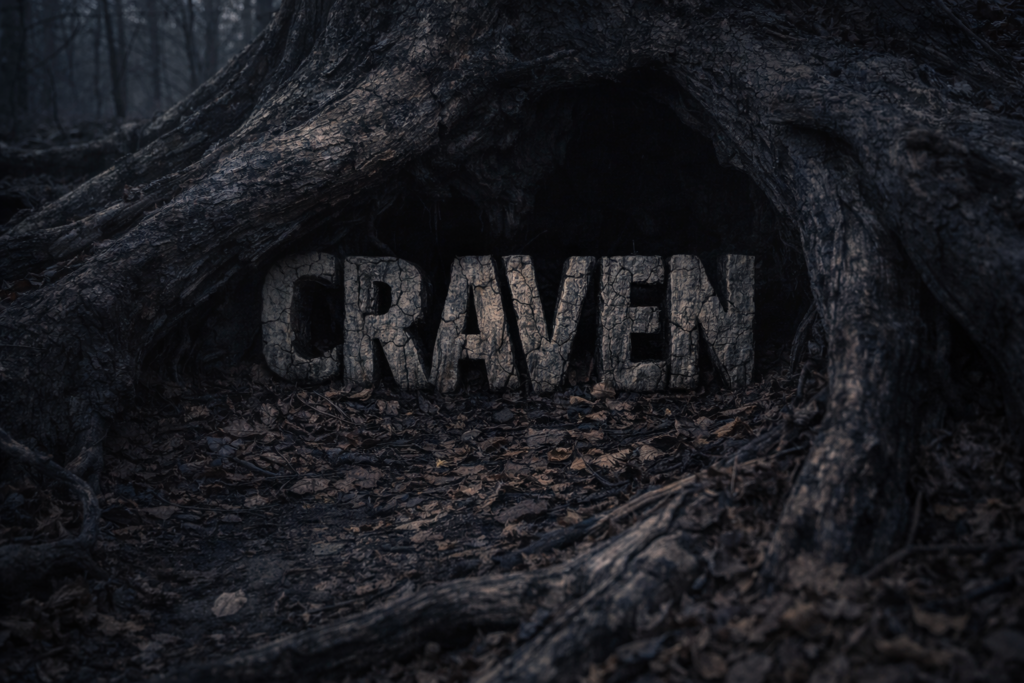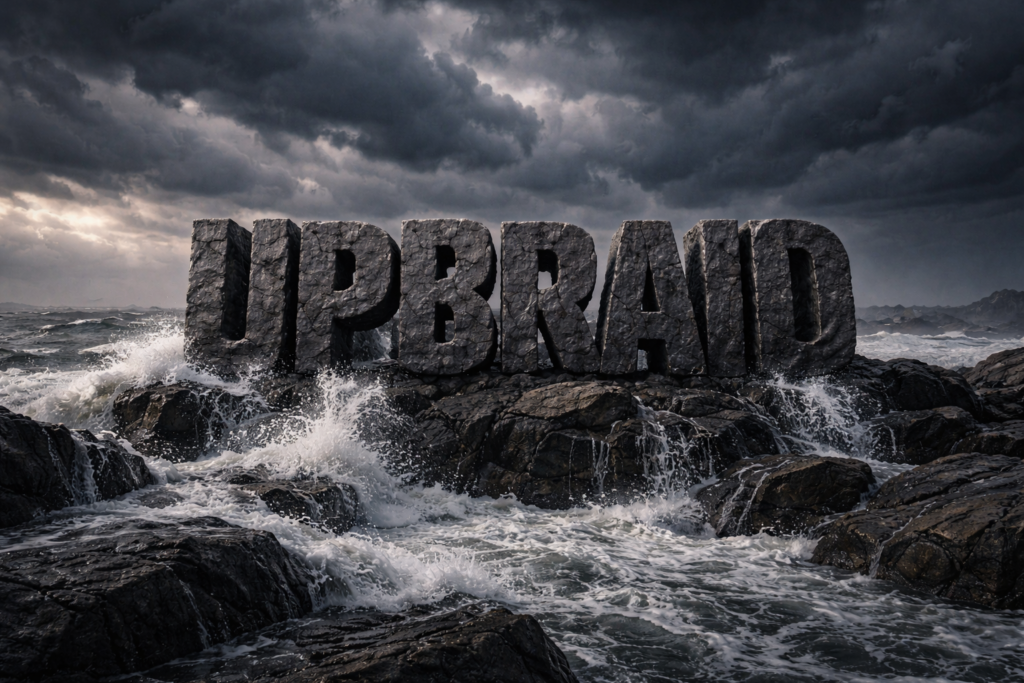Odious

Today's Word Odious OH-dee-us Definition (adjective) Extremely unpleasant or repulsive; deserving or arousing hatred. Example The politician’s odious remarks about vulnerable communities sparked widespread outrage. Word Origin Late Middle English: from Latin “odiosus,” from “odium” meaning “hatred,” derived from “odi” meaning “I hate.” Fun Fact Odious doesn’t just mean unpleasant—it describes something so offensive it provokes hatred or disgust. Legal scholars coined the phrase “odious debt” for loans taken by corrupt regimes that morally shouldn’t be repaid by successor governments. The term “odious comparison” comes from Shakespeare, who wrote “comparisons are odorous” (likely meaning odious). While “odor” and “odious” sound similar, they’re unrelated etymologically, though something truly odious might well smell bad too. The word maintains its power precisely because we reserve it for things genuinely deserving contempt rather than mere dislike.
Mollify

Today's Word Mollify MAH-lih-fy Definition (verb) To appease or soothe someone’s anger or anxiety; to soften or calm. Example The manager tried to mollify the frustrated customer by offering a full refund and sincere apology. Word Origin Late Middle English: from French “mollifier” or Latin “mollificare,” from “mollis” meaning “soft.” Fun Fact Mollify literally means “to make soft,” and this softening applies to emotions rather than physical objects. Diplomats and customer service representatives are professional mollifiers, trained to transform anger into acceptance. The word shares its root with “mollusk” (soft-bodied creatures) and “emollient” (skin softeners). Interestingly, you can mollify someone without actually solving their problem—sometimes people just need their feelings acknowledged. Ancient rhetoricians studied mollification as an essential persuasive technique, recognizing that softening opposition often matters more than winning arguments.
Surreptitious

Today's Word Surreptitious sur-up-TISH-us Definition (adjective) Kept secret, especially because it would not be approved of; stealthy or secretive. Example She cast a surreptitious glance at her phone during the meeting. Word Origin Late Middle English: from Latin “surreptitius,” from “surripere” meaning “to take away secretly,” from “sub-” (secretly) + “rapere” (to seize). Fun Fact Surreptitious behavior isn’t necessarily illegal or immoral—it’s just done on the sly because it wouldn’t be approved. Surreptitious glances at your watch during boring presentations, surreptitious snacking before dinner, surreptitious phone checks during conversations—these minor sneaky acts define modern life. The word shares its Latin root with “rapture” through the idea of seizing, though surreptitious seizing happens quietly rather than ecstatically. Spy novels love the word for describing covert operations, but everyday surreptitious acts are far more common than espionage, making it the perfect word for socially awkward secret-keeping.
Overweening

Today's Word Overweening oh-ver-WEE-ning Definition (adjective) Showing excessive confidence or pride; arrogant and presumptuous. Example His overweening ambition led him to make promises he couldn’t possibly keep. Word Origin Middle English: from “over-” + “weening” (present participle of “ween” meaning “to think or suppose”), from Old English “wēnan.” Fun Fact Overweening captures a specific flavor of arrogance—not just confidence but confidence that exceeds what’s warranted or appropriate. The “weening” part comes from an old word for thinking or supposing, so someone overweening literally thinks too much of themselves. Greek tragedies warned against overweening pride as hubris that angered the gods. Politicians and CEOs are frequently accused of overweening ambition when their reach exceeds their grasp. The word suggests not just excessive pride but a dangerous blindness to one’s own limitations—the kind of arrogance that precedes a fall.
Craven

Today's Word Craven KRAY-vin Definition (adjective) Contemptibly lacking in courage; cowardly. Example His craven refusal to stand up for his beliefs disappointed his supporters. Word Origin Middle English: from Old French “cravant” meaning “defeated or overcome,” past participle of “cravanter” meaning “to crush or overwhelm.” Fun Fact Craven goes beyond simple cowardice into contemptible territory—it’s cowardice that deserves scorn. Medieval knights accused of craven behavior faced public humiliation and loss of honor. The word originally described someone completely defeated or crushed in battle, and that sense of total collapse remains. In Shakespeare’s hands, craven became the ultimate insult for warriors who fled rather than fought. Modern usage preserves that moral judgment: calling someone craven suggests not just fear but shameful abdication of duty or principle when courage was required.
Upbraid

Today's Word Upbraid up-BRAYD Definition (verb) To scold or criticize someone severely or angrily. Example The coach upbraided the team for their lack of effort during practice. Word Origin Old English: from “upbregdan,” literally meaning “to bring up against,” from “up” + “bregdan” meaning “to move quickly or snatch.” Fun Fact Upbraid suggests criticism that comes from above—a superior scolding a subordinate, making the power dynamic clear in the word itself. Unlike casual criticism, upbraiding carries moral weight and disappointed authority. The “braid” element originally meant to snatch or brandish, giving upbraid a sense of someone wielding their disapproval like a weapon. Biblical texts frequently use upbraid when describing divine or parental reproach. While we’ve mostly replaced it with simpler words like scold or criticize, upbraid maintains its useful specificity for those moments when ordinary criticism isn’t harsh enough.
Doleful

Today's Word Doleful DOHL-ful Definition (adjective) Expressing sorrow or sadness; mournful. Example The dog gave her a doleful look when she left for work without him. Word Origin Middle English: from “dole” meaning “grief or sorrow” (from Old French “doel,” from Latin “dolere” meaning “to grieve”) + “-ful.” Fun Fact Doleful perfectly captures that particular expression dogs make when they want something—those sad, pleading eyes that suggest profound suffering despite being perfectly fine. The word connects to “condolences” through shared Latin roots in grief and sorrow. Medieval writers loved doleful to describe tragic heroes, mournful songs, and sorrowful landscapes. While sadness has countless synonyms, doleful carries a theatrical quality that makes sorrow almost performative—it’s grief you can see and hear, whether in a hound’s whimper or a poet’s lament.
Multitudinous

Today's Word Multitudinous mul-tih-TOO-dih-nus Definition (adjective) Very numerous; existing in great numbers or quantities. Example The multitudinous stars filled the night sky, creating a breathtaking display. Word Origin Early 17th century: from Latin “multitudo” meaning “a great number,” from “multus” meaning “many,” with the suffix “-ous.” Fun Fact Shakespeare gave “multitudinous” its most famous appearance in Macbeth when the guilt-ridden king wonders if all Neptune’s ocean could wash blood from his hands, or would his hand instead make “the multitudinous seas incarnadine.” It’s one of literature’s most powerful images of overwhelming guilt—not just many seas, but innumerable, countless, infinite seas. The word itself feels multitudinous with its five syllables sprawling across the tongue. While “numerous” or “many” would work just fine, multitudinous adds dramatic weight, suggesting numbers so vast they become almost incomprehensible.
Fulminate

Today's Word Fulminate FULL-mih-nayt Definition (verb) To express vehement protest or criticism; to explode violently or flash like lightning. Example The senator fulminated against the proposed legislation during a heated press conference. Word Origin Late Middle English: from Latin “fulminatus,” past participle of “fulminare” meaning “to strike with lightning,” from “fulmen” meaning “lightning.” Fun Fact Fulminate originally described literal lightning strikes before evolving to describe explosive anger. The chemistry connection remains strong: fulminating compounds are highly unstable explosives that detonate from the slightest disturbance. Mercury fulminate was used in blasting caps and firearm primers precisely because it explodes so violently. When someone fulminates verbally, they’re essentially detonating—their words strike with lightning speed and explosive force. The Pope can issue a fulmination, a formal denunciation accompanied by excommunication, keeping the word’s most dramatic ecclesiastical use alive.
Augur

Today's Word Augur AW-ger Definition (verb/noun) To predict or indicate a future event; or a religious official in ancient Rome who interpreted omens. Example The positive early reviews augur well for the film’s box office success. Word Origin Late Middle English: from Latin “augur,” a religious official who observed natural signs to predict the future, possibly from “avis” meaning “bird” + an element related to observing. Fun Fact Ancient Roman augurs didn’t just predict the future—they had veto power over government decisions. By declaring the omens unfavorable, an augur could halt senate meetings, cancel elections, or stop armies from marching. They interpreted bird flight patterns, lightning strikes, and animal behavior to divine the gods’ will. The practice became so politically convenient that Cicero famously quipped he was amazed augurs could look at each other without laughing. Today we’ve kept the word but dropped the birds, using “augur” whenever circumstances hint at future outcomes, good or bad.
